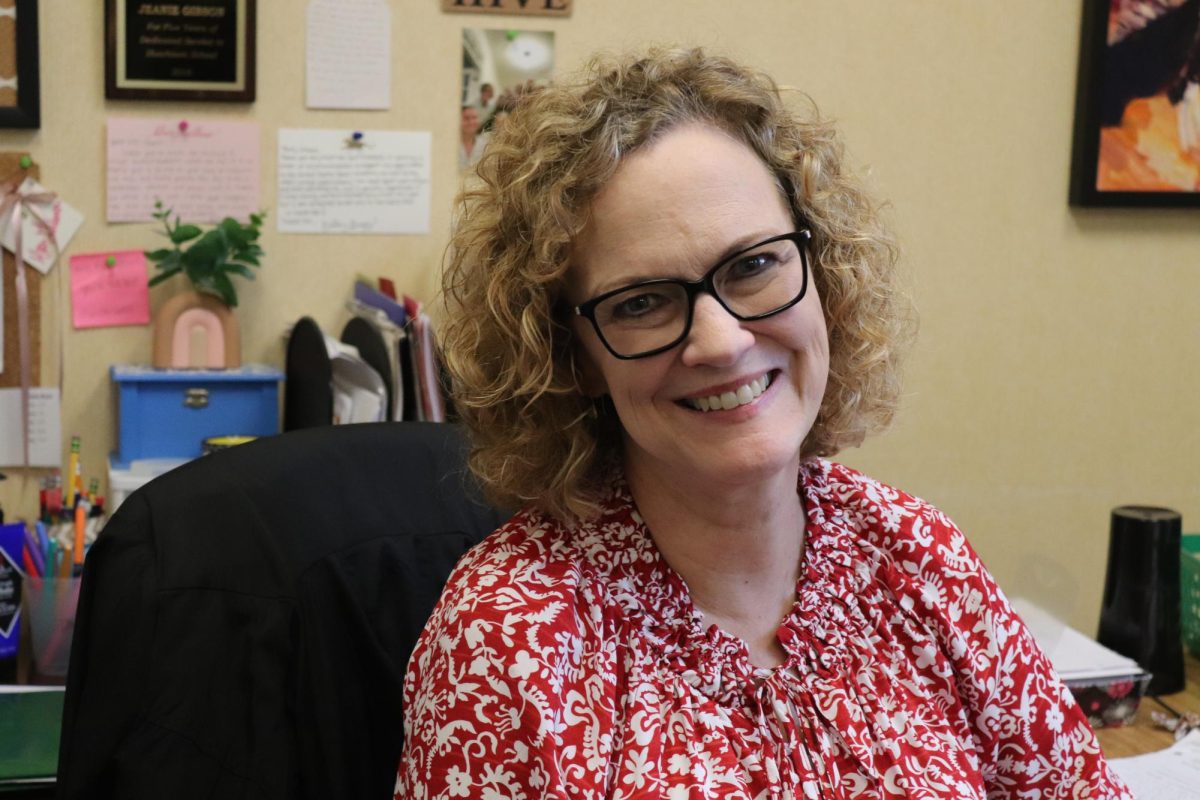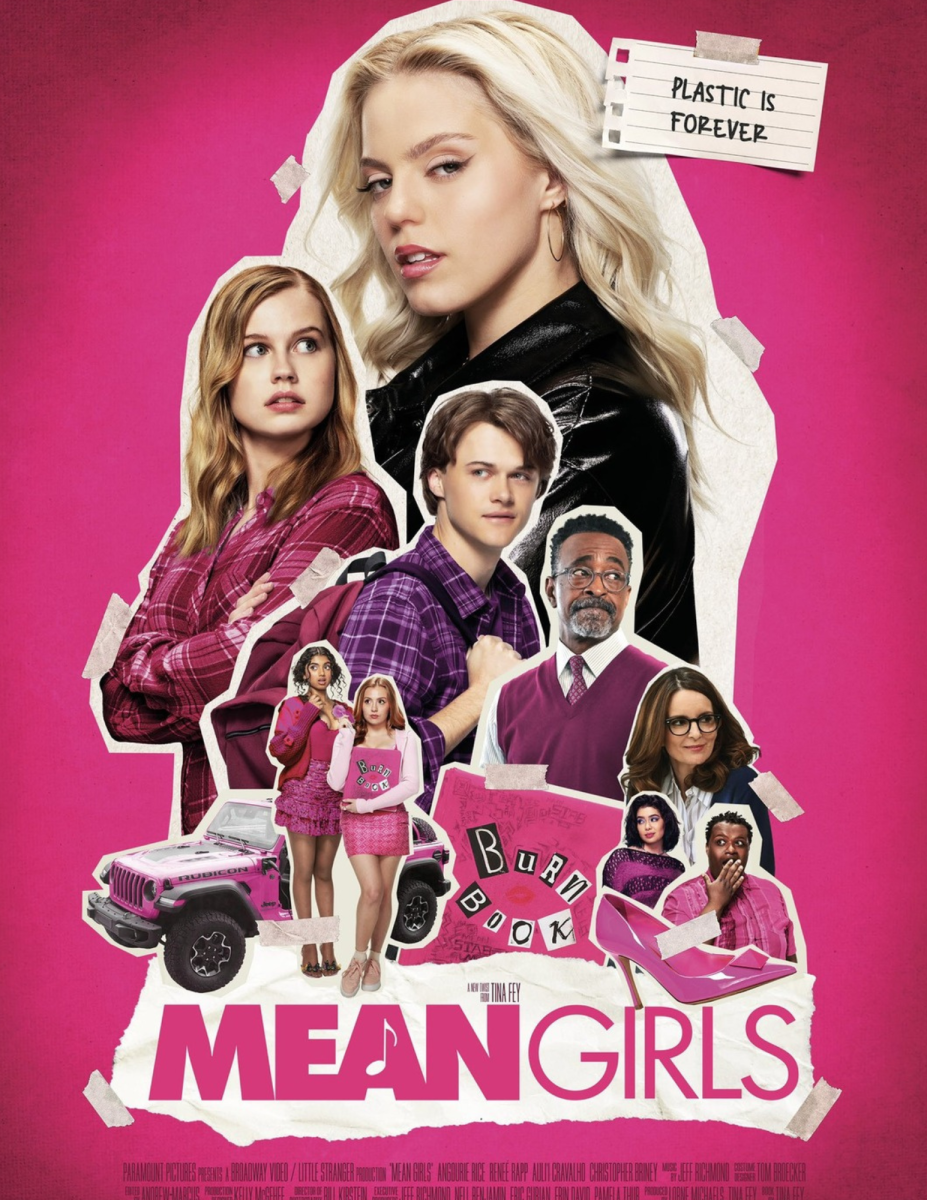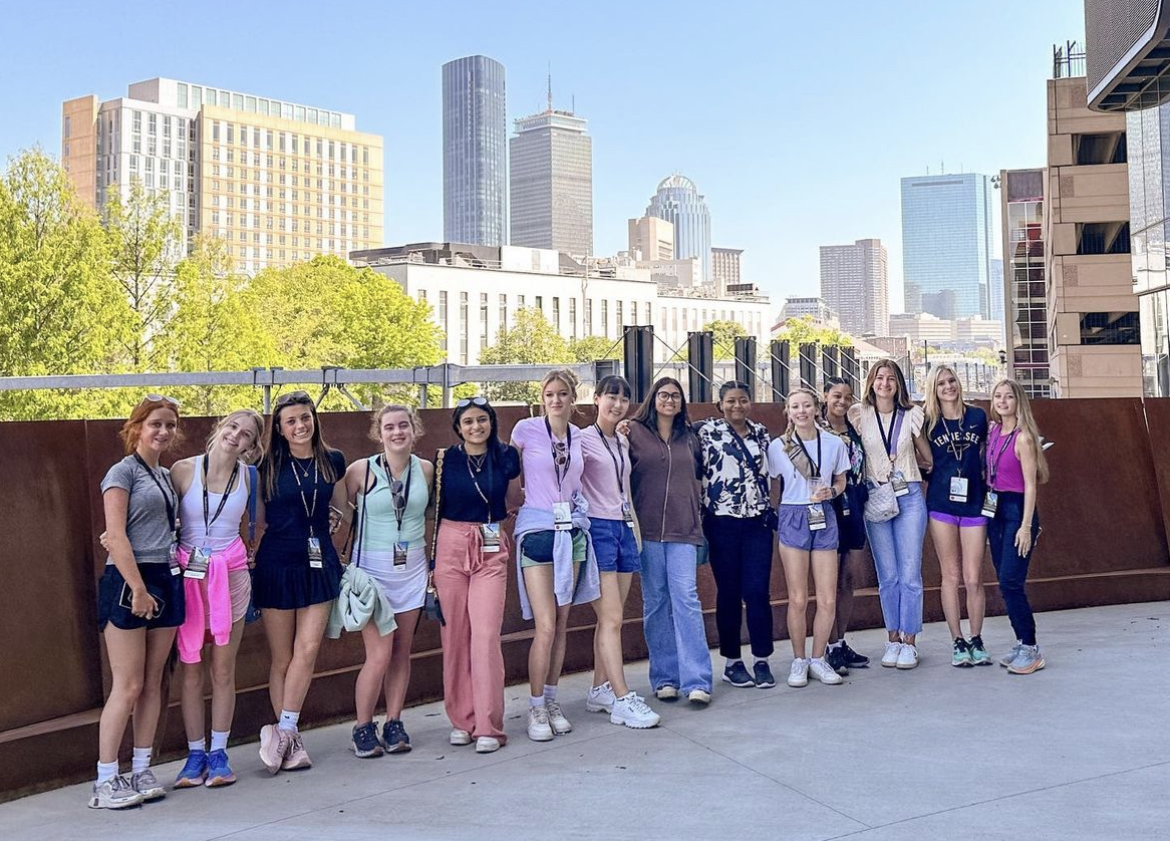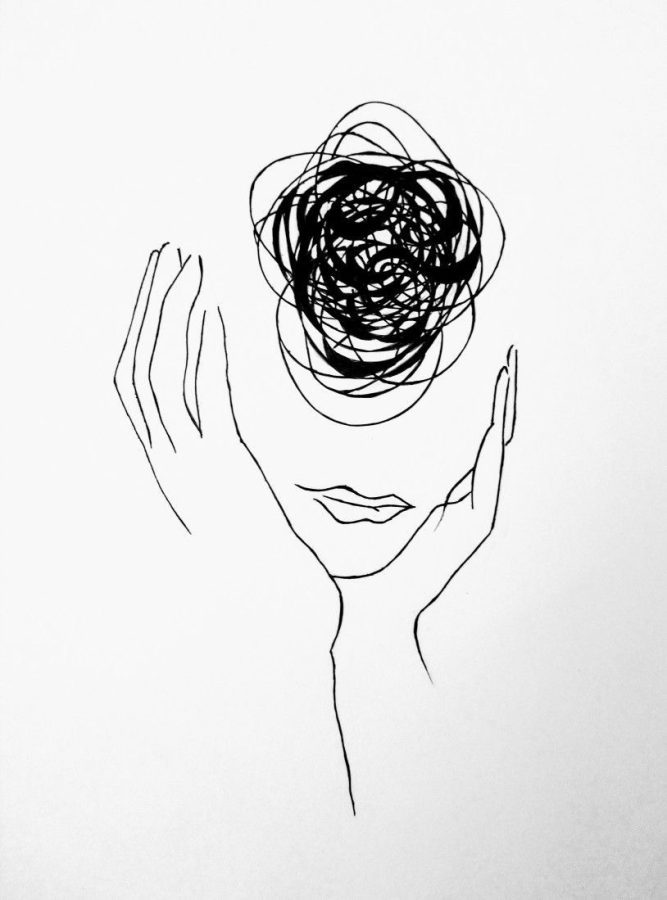The average Hutchison math class has an unexpected appeal that is not discussed enough: hair. It seems that every single teacher in the math department has gorgeous, defined, voluminous hair. Is this something unique to the math department? Algebra II teacher Mrs. Rayford says, “Hair to the math community, at Hutchison, it means a lot.” With some further exploration, it seems hair means a lot to many teachers within Hutchison’s Upper School, each having their own distinct routines. While Mrs. Gibson spends hours doing her hair, “lathering at least twice and then finishing with a Joico shampoo product” in the shower before drying her hair and putting “in any products to control the frizz,” and Mrs. Evans often does “shampoo, conditioner, some kind of volumizer, and then full blowout upside down with a brush”, Dr. Braby says the secret to his routine is that “I shower. And I use soap and water.” Each individual routine indicates their unique and wide variety of hair types. Mrs. Rayford defines her hair as “kinky curly” and Mrs. Gibson says hers is “curly and unmanageable” opposed to Mrs. Evans who defines hers as “fine, but a lot of it” and Dr. Braby who describes his as “lacking.” Hutchison teachers have an array of different experiences of hair, their feelings around hair often reflecting their different backgrounds and interests. When recalling her time at a math and science education conference in New Hampshire, Mrs. Gibson saw a distinction between math teachers and hair based on where they were from, noting that “it seemed like only teachers from the south had their hair done fixed with color and everybody else was more natural.” Mrs. Evans describes a different aspect of color that she has encountered in her personal experience saying, “Growing up with brown hair in a very, very white school was always like a brown versus blonde thing,” and she thinks that if she had “the in between brown hair” she “would have been fully blonde.” While Mrs. Evan’s experience with color is “something [she] had to navigate before going gray,” Mrs. Rayford says, “I wish that my hair would be receptive to color” and “I could not cover up the wisdom that’s coming in that you can see.”
Parallel to how different these teachers’ hair experiences are, they all have bad hair days in different ways. Mrs. Rayford’s go-to is to “pull it up, in, I’ll say a puff” while Dr. Braby says “I don’t ever have bad hair days”. Their own individual hair experiences can be reflected in their individual fields. Mrs. Rayford suggests that mathematicians would have fun with hair creating, “some problems involving students’ hair, maybe the circumference of hair”. Dr. Braby’s opinions regarding hair make sense in the context of his fellow members of the science community which he says, “they just study it and learn things.” Hair means something different to everyone: Mrs. Rayford uses it “to show off a bit of my personality,” Mrs. Evans loves hers as “it’s very distinct without too much upkeep” and yet to Dr. Braby, it means “not very much, apparently.” No matter which hallway of Labry they teach in, hair has meaning to each teacher as it is something that follows them all throughout their day. Despite the differences in each individual teacher’s experience, they all share similar advice to Hutchison students. “Oh, just go natural, as much as you can, as long as you can,” says Mrs. Gibson when asked for her hair guidance. Mrs. Rayford agrees with this sentiment, seeing hair as an expression and extension of one’s self. Despite the differences in each individual teacher’s experience, they all share similar advice to Hutchison students. “Oh, just go natural, as much as you can, as long as you can,” says Mrs. Gibson when asked for her hair guidance. Mrs. Rayford agrees with this sentiment, seeing hair as an expression and extension of one’s self. She brings advice from her previous time in the beauty industry saying, “Just because something is marketed towards you doesn’t mean that it’s good for you or a good fit for your hair type or texture.” She sees the beauty in every one of her students and suggests they “lean into what you have that makes you uniquely you and use it for self-expression.” Even Dr. Braby agrees, saying, “you should just embrace who you are and go with that, right? You don’t have to conform to whatever everybody else thinks you should be.”







